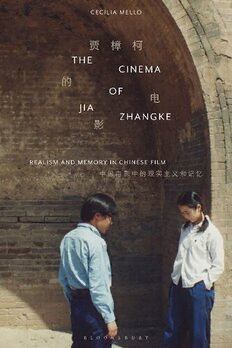
The Cinema of Jia Zhangke: Realism and Memory in Chinese Film PDF
323 Pages·2019·27.408 MB·English
Most books are stored in the elastic cloud where traffic is expensive. For this reason, we have a limit on daily download.
Preview The Cinema of Jia Zhangke: Realism and Memory in Chinese Film
Description:
Despite his films being subjected to censorship and denigration in his native China, Jia Zhangke has become the country’s leading independent film director internationally. Seen as one of world cinema’s foremost auteurs, he has been playing a crucial role in documenting and reflecting upon his country’s era of intense transformations since the 1990s.This book offers innovative scholarship and in-depth analysis of Jia’s unique body of work from his opening act Platform, to experimental quasi-documentary 24 City through to the audacious addition of Mountains May Depart. Drawing on classic and contemporary realism theory, it suggests that his particular expression of the realist mode is greatly shaped by the aesthetics of other Chinese artistic traditions. These traditions allow Jia to unearth memories both personal and collective, still lingering within the ever-changing landscapes of contemporary China. Interweaving issues relating to cinema, painting, architecture, opera, pop music, literature, geography and history, chapters address the very nature of the so-called ‘impure’ cinematographic art and in addition the complex representation of China through the ages. Proving of value to students and scholars of film studies and to admirers of Jia’s work, this book opens the door into Chinese cinema and culture at a time when the country is at the centre of the world’s attention.
See more
The list of books you might like
Most books are stored in the elastic cloud where traffic is expensive. For this reason, we have a limit on daily download.
